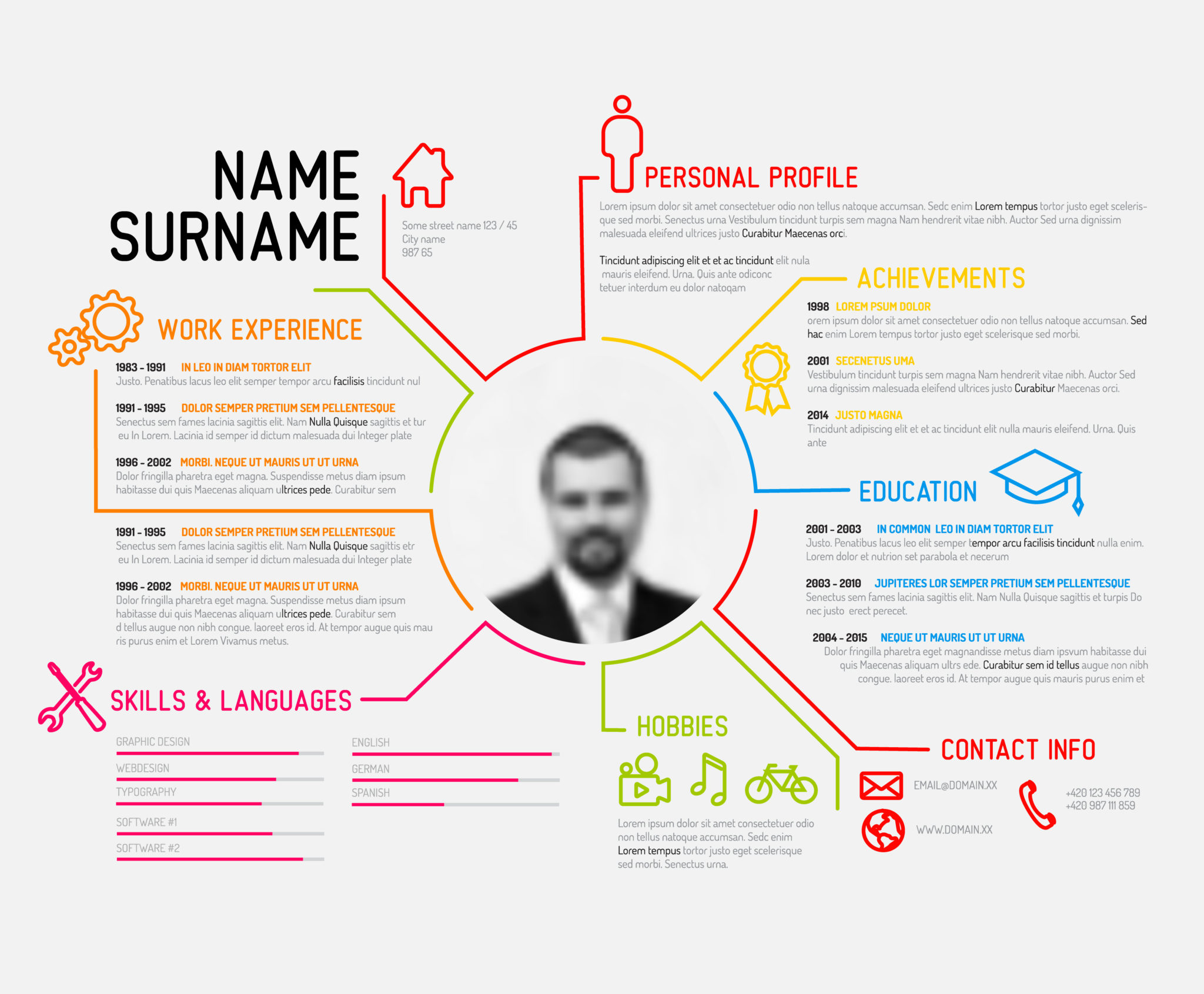
Résumés are how you make your first impression when applying for a job. No matter the role, it’s a document that recruiters and companies use to frame their interaction with you. You want it to be great! If you’re looking to create or update a Java developer résumé, this article’s for you.

 Pretty snappy résumé you've got, there.[/caption]
Pretty snappy résumé you've got, there.[/caption]
Cover Letter & Résumé Intro
Keep your cover letter to one page, formatted the same as your résumé (i.e., 12-point type, same font, etc.). The ideal Java developer cover letter should provide a bit of context about your Java skills. Why are you interested in the specific job you're applying for? What in your background drives you to do your best work? Don't submit a generic cover letter, or get too long-winded about your schooling or work history. Your cover letter should convey why you care about this role in particular, and how your experience and skills will allow you to help the company achieve its goals. On to the résumé: Should you include an "intro" or summary section at the very top, beneath your contact info and name? If you do, write in a way that's succinct enough for a hiring manager scanning quickly (which they are). In other words, something like this:Dedicated Java Developer with deep knowledge of AngularJS and a keen focus on the development cycle and lifespan of products, from design and development through release and maintenance.It’s one or two lines, but helps frame how your résumé is received. If you just wrote ‘applying for the position of java developer at (company),’ you haven’t engaged the hiring manager or given them confidence that you can be trusted with their product.

Your Work History
This is the main body of your résumé, but we advocate brevity here. Often, recruiters looking at a Java developer résumé are scanning the work history for tenure and skills. Many tech companies frown on sharing too much information about what their developers and engineers do, so a good java developer résumé will be informative but brief; obviously you’ll want to touch on each company name, your job title, and how long you were there. After that (very short) intro to each company, provide bullet-points that emphasize results and big projects. Perhaps a project you lead or worked on helped a client become 30 percent more efficient, or you were tasked with leading a project for a key client with a difficult set of technologies. As with a cover letter, the ideal résumé is one page long. Hit the highlights, and avoid exploring your work history in minutiae.Skills Matter
Your Java developer résumé will likely have a ‘technical experience’ section. This is where you’ll want to highlight your skill-set. We suggest breaking down your Java-related skills into a few different categories: languages, frameworks and APIs, databases, and software. These four categories allow you to highlight your skill-set, but keep your résumé from being too long-winded. You should also avoid listing everything you’ve done; only showcase the skills you’re most confident and comfortable in. When crafting your résumé, we suggest using the Dice Salary Calculator, which shows you which skills are most in-demand in your area, and what sort of impact they can have on your salary. This will help you know which skills to list first under your categories, and what sort of offer you can expect if the company wants to hire you. [caption id="attachment_180608" align="aligncenter" width="2048"] Pretty snappy résumé you've got, there.[/caption]
Pretty snappy résumé you've got, there.[/caption]
